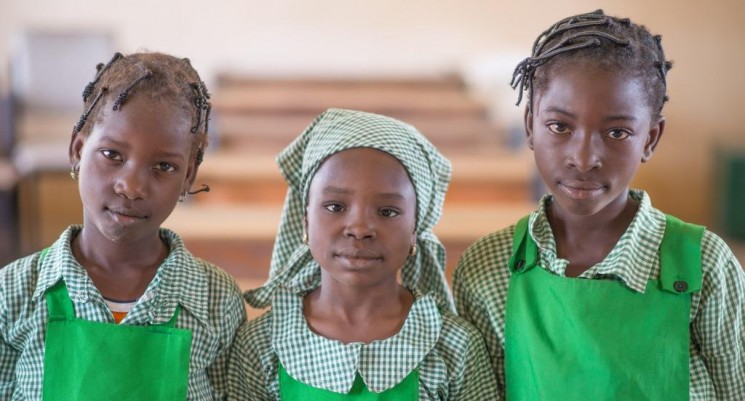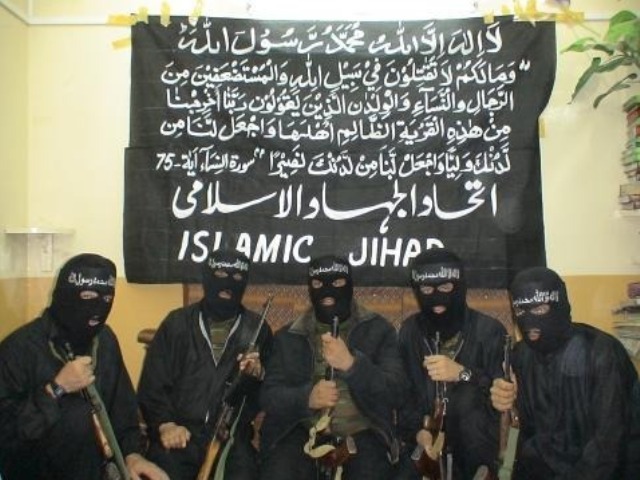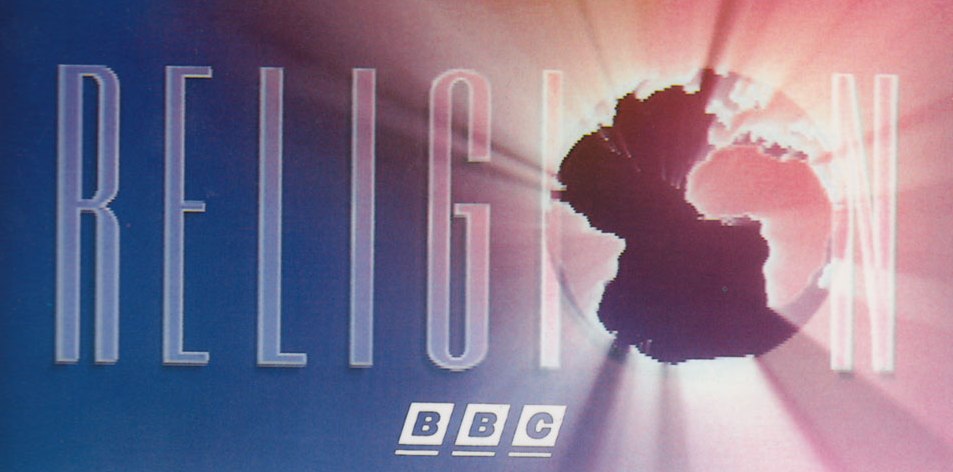Yes, we need to focus on Nigeria and Boko (“books”) Haram (“forbidden“). Again.
Why? Why keep coming back to the mainstream coverage of this story?
For starters, the scope of the story is only getting bigger with the planned — limited — intervention of the Obama White House in the efforts to find and rescue the 270-plus teen-aged girls who were abducted last month by this terrorist network. Reports about the precise number still being held as slaves and potential forced brides have varied, according to different sources that are trying to determine how many girls have or have not escaped. The vast majority of the girls are Christians, but some are Muslims.
This story has climbed out the obscure back pages dedicated to non-entertaining horrors on the other side of the world and up into the prime ink-and-video terrain noticed by the masses. I also believe that, as this has happened, mainstream journalists have been doing a somewhat better job of dealing with the religious elements of this story. We are past the stage where our most powerful newspaper can say that Boko Haram is doing mysterious things for mysterious reasons while seeking mysterious goals and that is that.
But I still think one crucial element of this story is receiving inadequate coverage. More on that at the end of this post.
To see how the coverage is changing, consider the following background material in a new Los Angeles Times story about the White House involvement:
On Capitol Hill, all 20 women in the Senate signed a letter asking Obama to pressure the United Nations Security Council to acknowledge Boko Haram’s ties to Al Qaeda and to ask the U.N. to consider international sanctions. The group has already been cut off from U.S. financial institutions. …
Boko Haram’s shadowy leader, Abubakar Shekau, has a $7-million U.S. bounty on his head. He said in a video that surfaced Monday that God had commanded him to sell women in the market, adding that girls should marry, not go to school. An April report by the International Crisis Group think tank said Boko Haram “has grown more ruthless, violent and destructive” since Shekau became leader in 2009. The group’s fighters are dispersed in northeastern Nigeria and in nearby Cameroon and Niger.
Covering the evidence of connections between this network and Al Qaeda, and the influence of the Taliban, is a step forward in that it recognizes that this is the kind of group that represents a truly radicalized form of Islamism. It allows journalists to place the religious statements by Boko Haram in a specific context.
Next, readers are told:














